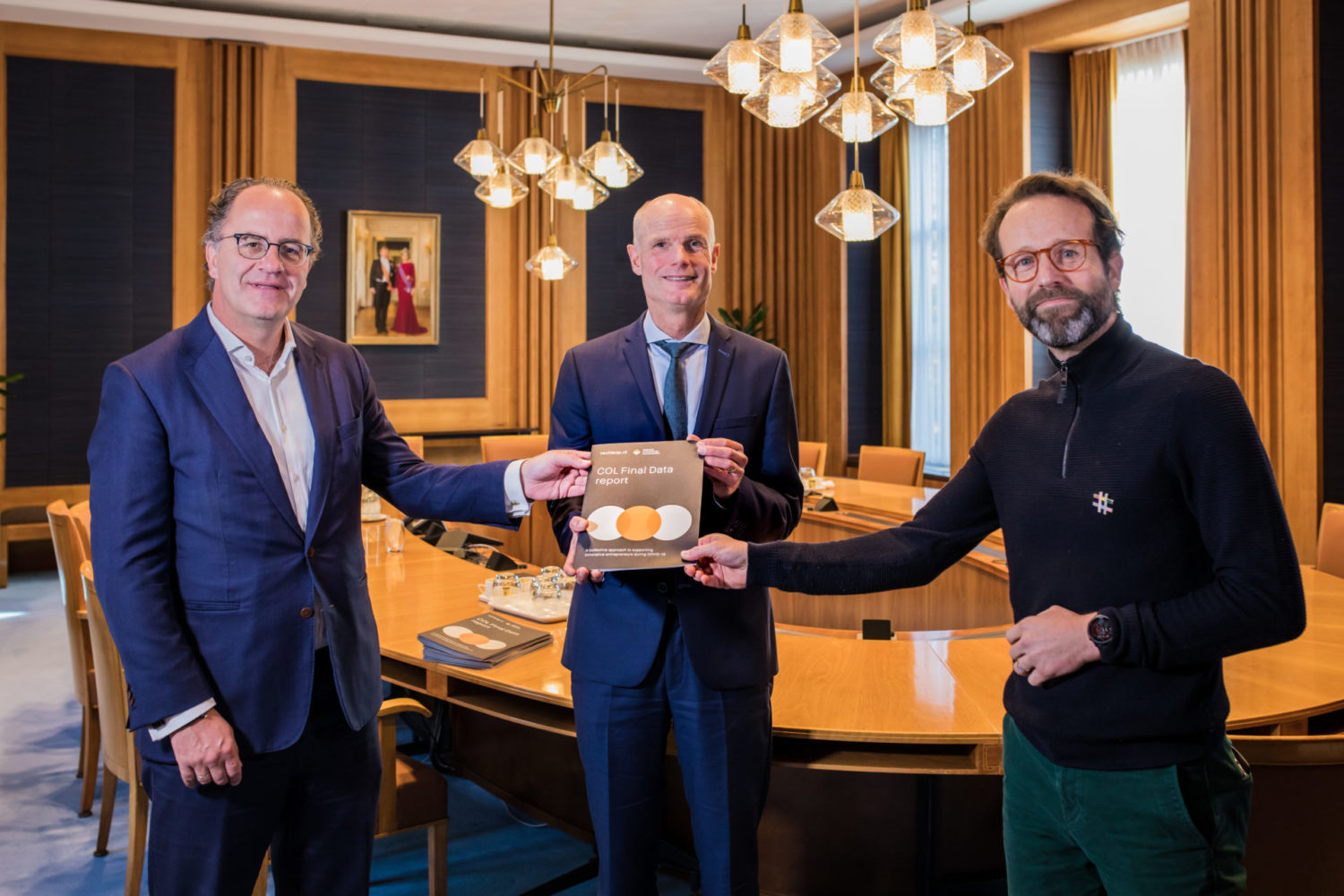Companies in corona four times faster to run out of money
A technology that dramatically increases the performance of heat pumps (Blue Heart Energy), a highly innovative and affordable orthotic (T-soles) and safe bed tents for severely disabled children (CloudCuddle); just some of the companies that survived in the corona crisis thanks to the COL loan. The runway of investment became 4 times shorter for companies in corona time; thus, they ran out of money 4 times faster. For relatively young companies with little fat on their bones anyway, this poses an immediate problem. After research by Techleap.nl among hundreds of startups on the financial situation as a result of the COVID-19 crisis, the Ministry of Economic Affairs and Climate pulled €300 million in several tranches from April 2020 to keep startups, scale-ups and innovative SMEs in the Dutch economy.
"Innovation is the backbone of our future earning power," said Economic Affairs and Climate Minister Stef Blok. "The corona outbreak, a pandemic of unprecedented proportions, was an acute threat to almost all entrepreneurs. We were able to help many of them with the various support schemes. For startups, scale-ups and innovative SMEs, the bridging loan provided relief. Almost 1,000 companies, all with great potential because they play or will play a role in, for example, energy transition, digitalization or sustainability, we were able to retain for the Netherlands thanks to the COL."

